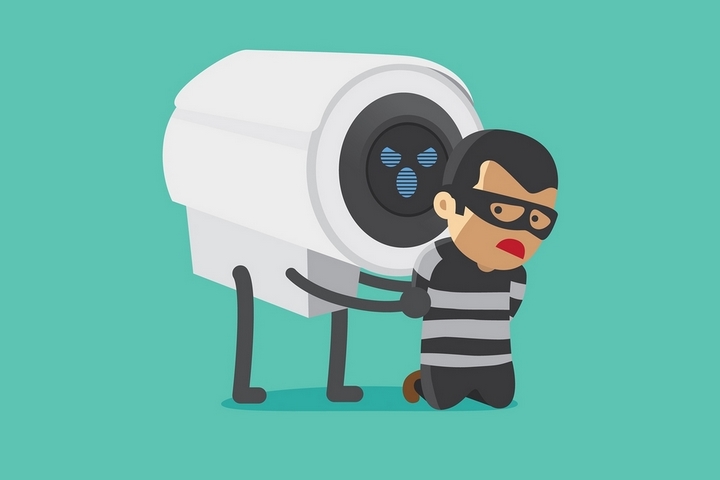
The modern DNA profiling process pretty much began in the mid-1980s in the University of Leicester in England. Since then, the process and methods have been pretty much perfected. Even though the sequences of human DNA are virtually the same in every human being, there is a small amount that can distinguish one person from another.
So much can be told about DNA and it is used in many ways where it can really make a difference. Let’s take a closer look at some of the important ways DNA profiling can make a difference.
1. Identify A Criminal

In the past, many criminals escaped from punishment because there was no conclusive proof that they were ever present at a crime scene. This is because DNA profiling wasn’t in the picture. Today, it is very difficult to get away with crimes involving murder and rape, since one mistake can cause the criminal’s body fluid to be left at the scene. Even if body fluid such as semen or blood is not left behind, skin or hair may be, in which case, the perpetrator, assuming they have a criminal record, will most likely be caught as it is run through a database so that a match can easily be found.
2. Exoneration

By that same token, someone who may not have committed the crime may have been tried and convicted and sent to jail for life. Despite their pleas of innocence, many in the past may have lived the rest of their lives in jail and died there. Some have also been executed, since no conclusive proof of their innocence existed, prior to DNA profiling. Many innocent people have died this way. Today, with the advent and perfection of DNA profiling, it is now possible to exonerate and give those who have sat in jail for years their freedom back. Some were framed, others were locked up because of the law’s incompetence, but hopefully, more innocent people will be released if DNA evidence can be found.
3. Identification Of Remains

In the past, it was difficult to identify the remains of those who perished in disasters such as fires, floods, aviation disasters and many more. Sometimes, a badly decomposing body is found by someone walking with their dog. Often, the only way to identify these people is through DNA profiling. Someone who has been reported missing for 2 years may now be identified, thanks to DNA.
4. Ancestry

Many people are curious and interested to find out more about their ancestry for various reasons. DNA profiling can tell them so much by giving them information that they would never have had if it wasn’t for DNA profiling. Sometimes, what they find can also have some legal implications. For example, someone may suddenly find out that they are a member of a Native tribe and may now be able to receive financial and other benefits. Some people may also find that up to this point, they may have thought that they were German only to realize that they are French!
Things like knowing who your biological mother can be established beyond doubt by using DNA testing. We have all heard about stories how siblings who were separated as toddlers suddenly find each other and now have conclusive proof that they are indeed siblings. Anything can happen in life, but by using DNA profiling you can tell so many things that are irrefutable.